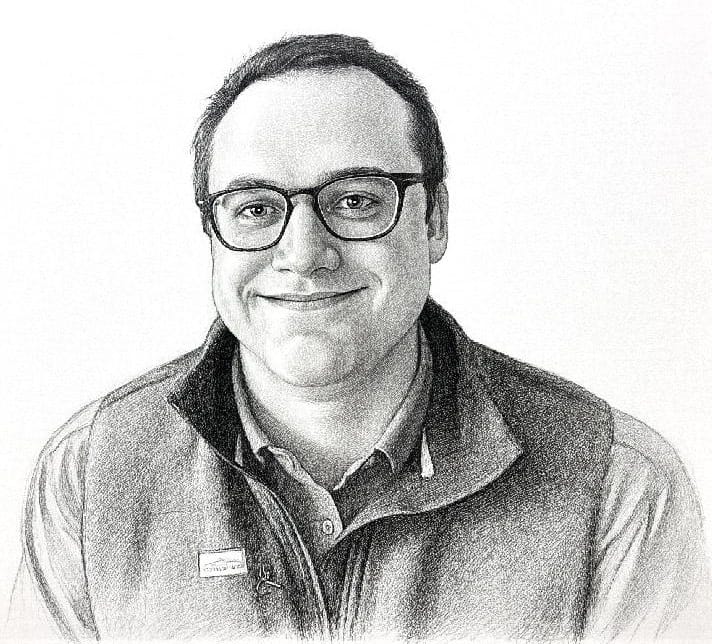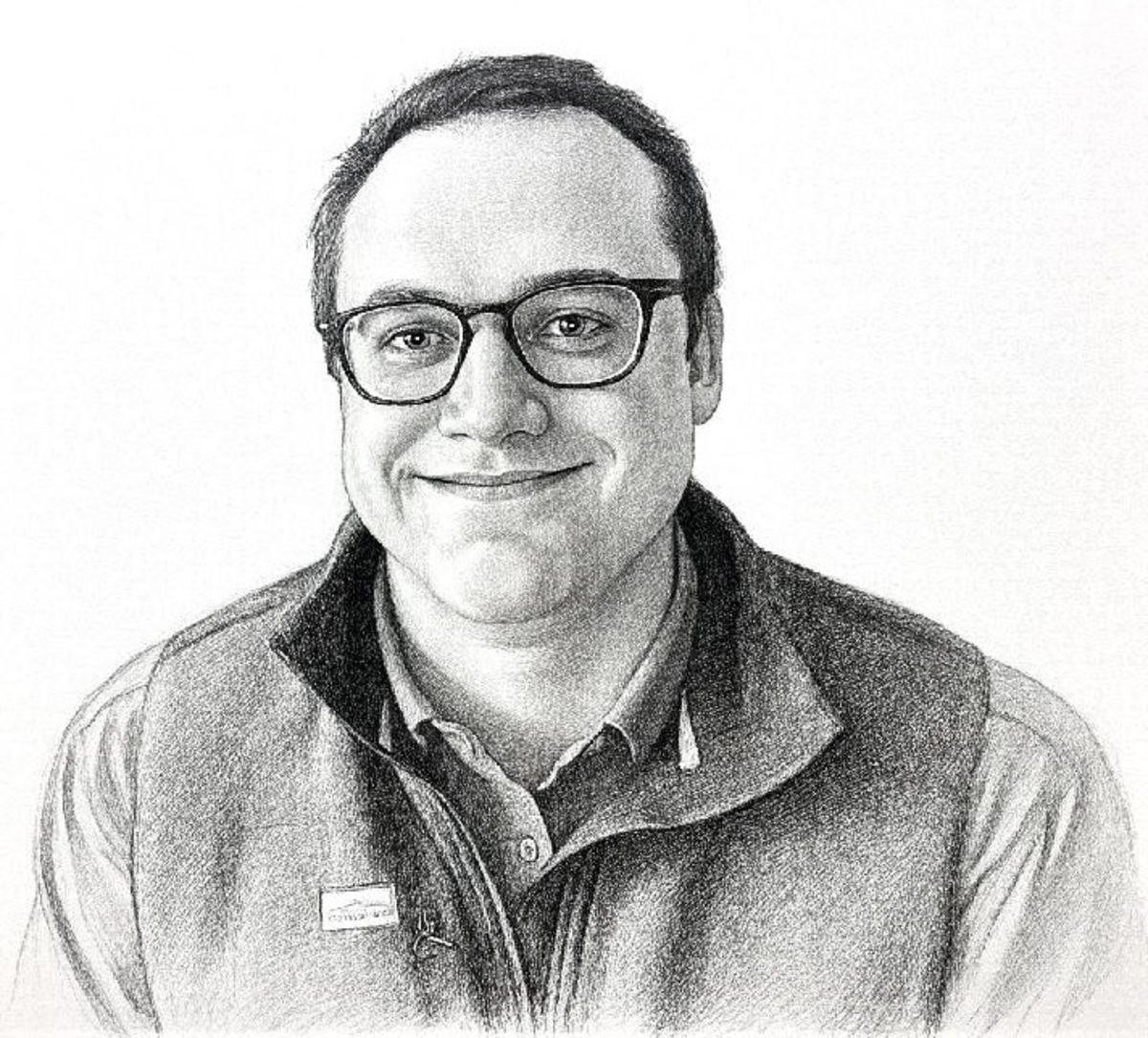"How we spend our days is, of course, how we spend our lives.”
There is a particular slant of light in late September that feels like it is announcing the beginning of the end. It’s a soft, golden light that seems to know it’s on borrowed time. It makes the world look both weary and magnificent. For the last month, I’ve been taking a walk through town each day, down the same familiar streets, preferably during these late golden hours. The air has that new, crisp edge, the first hint of the great exhale that is autumn. And, of course, the leaves have begun their turn.
Now, I realize that beginning an essay on change with a description of autumn leaves is the literary equivalent of opening a rock anthem with a G-chord. It’s familiar territory. So let me assure you, this is not an extended metaphor where I conclude that we must all, like the mighty oak, shed our emotional baggage before the winter of our lives. The truth is, I’ve never felt less like a mighty oak. A lot of days I feel more like poison ivy—technically thriving, but nobody's happy about it.
However, I am also experiencing a significant life change. The thing is, I haven't been alone on these walks lately; I've been joined by my wonderful wife and, amazingly, our newborn son.
And right here, at the outset, I want to pause. I know that for many, the subject of children is not a simple joy. Instead it’s more like a landscape of longing, a quiet and deeply personal grief. It is a locked door to a room you desperately wish to enter. So while my particular story is colored by the arrival of a child, I hope you’ll see it for what it truly is: an exploration of the infinite moments that cleave a life in two—the befores and the afters.
These moments come for all of us, in countless forms. Some arrive with a cry in a nursery; others in the silence of a great loss, the courage of a difficult choice, or the slow, steady work of building a life of purpose against the odds.
Of course, there are the seismic events, the unforgettable earthquakes that rearrange the furniture of our souls without our permission. Things like becoming a father. Just a few years ago, my greatest existential threat was the spinning pizza-wheel icon on a frozen computer screen. No longer. That kind of change is not a choice; it’s a verdict. You are fundamentally altered, and you know it because everything feels different. The world is the same, but you are a new instrument trying to play the old songs, and the timbre isn’t quite right. These are the big changes, borne of recovery and reaction, sometimes the dazed work of figuring out how to walk with a new center of gravity.
But that’s not really what this letter is about. These big moments that dramatically divide your life are more often exceptions to the rule of change. It’s the stuff of novels and eulogies. If we are honest, most of our sense of becoming does not happen in these great, fiery moments. The bulk of our transformation occurs in the quiet, cellular work of the everyday. It happens in the microscopic shifts from one shade to another. The maple leaf outside my window did not wake up this morning and decide to be red. The change has been happening for weeks, a slow withdrawal of green, a patient revealing of the colors that were destined all along. It has been a process, not an event.
This is the other type of change. It is where, I think, the real work of a life is done. The earthquake is what gets our attention, but the true change happens in the quiet business of rebuilding. The birth of my son put to bed many vestiges of my old self, notably my circadian rhythm, but it simply wakes me up to the ongoing process of turning from one shade to another. The man I become next will be forged in a thousand unglamorous micro-moments. He will be built in the decision, at 3 a.m., to choose patience over the hot bloom of frustration. He will be shaped by the choice to put down my phone and be present, to listen to the gurgles of my son instead of the noise of the world. Each of these moments is a tiny hinge on which a future self can swing.
These small changes require a different kind of courage. The seismic event asks for resilience; the gradual shift asks for awareness. It demands that we be willing participants in our own becoming. It’s the choice to apologize first, to read a book instead of watching a screen (sorry to the cinephiles), to offer a kindness when it isn’t required, to sit with an uncomfortable truth about yourself. None of these are earthquakes. They won’t be the defining story you tell about your life. But they are the invisible mortar that will hold that life together. They are the difference between being a passive substrate of life’s change and an active architect of it.
Now, as I stand on the threshold of my return to "normal life," I see the task ahead. The big change has happened to me. I am a father. That is a fact. But the kind of father, the kind of man, I will be is a question that will be answered in the accumulation of a million small choices. I am being asked to fit a new, altered self back into the outline of an old life, and honestly, just doesn’t quite fit. The challenge is not just to survive the new reality, but to consciously pursue my intended design of it, one small, intentional act at a time.
As I watch a cascade of yellow leaves detach from a branch and spiral to the ground, I see the dual truth. There is the dramatic, final act of letting go—the fall. And there is the slow, unseen process that led to it, right up to that last moment. We need the big moments to shake us awake, to show us that the old map is useless. But we need the small moments, the quiet acts of will and attention, to draw the new one.
And that is the lesson. The great events provide the chapter breaks in our lives, but the story is written in the sentences, day by day. We learn to survive the earthquakes, yes. But we must also learn to feel the subtle, constant drift of the tectonic plates beneath our feet, and have the wisdom to lean into the movement, aware and willing.
John
Thanks for reading The Mayfly Letter.

Your support allows me to continue doing something I truly love.
John Conrad

